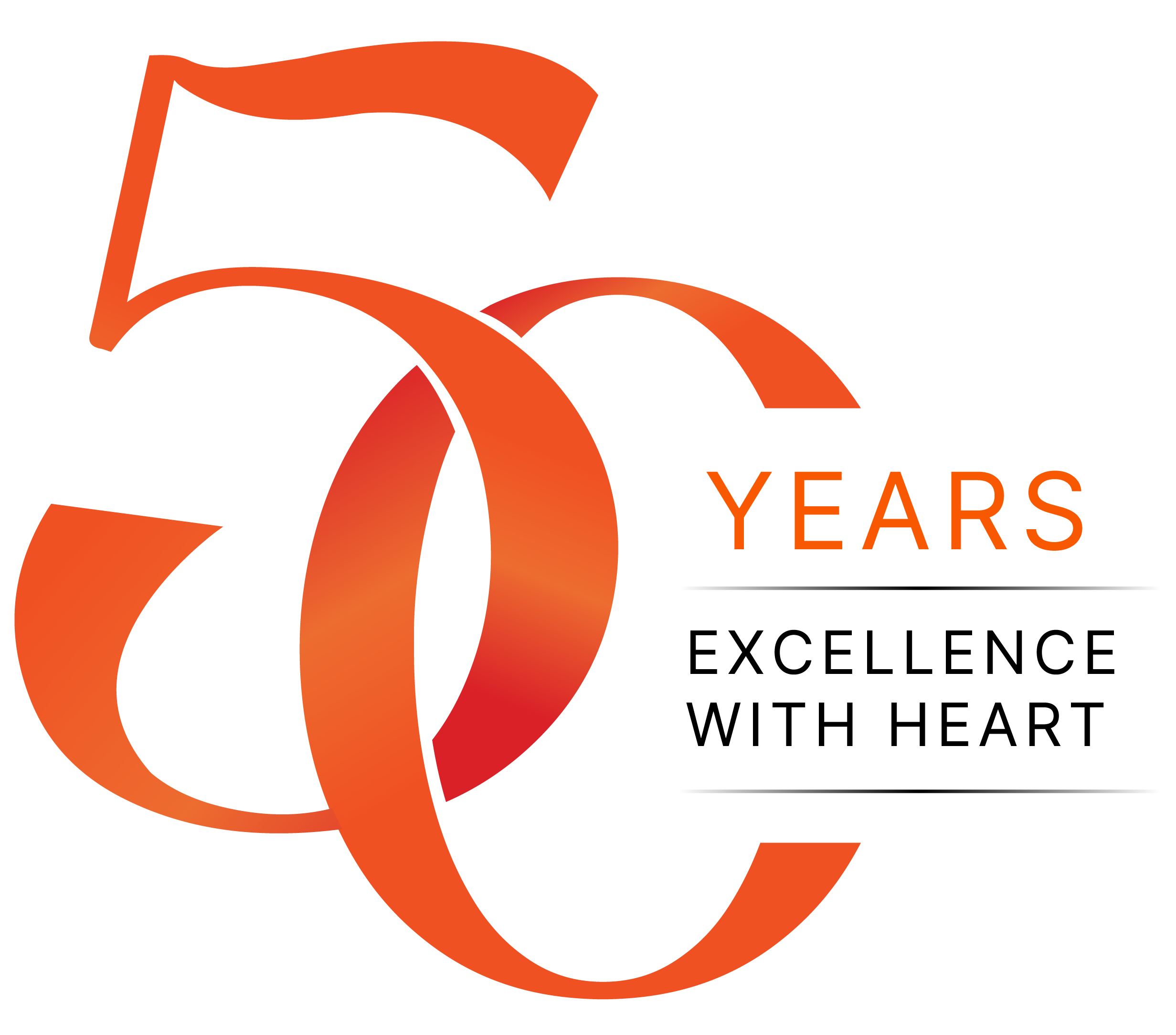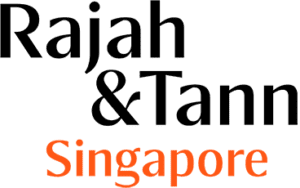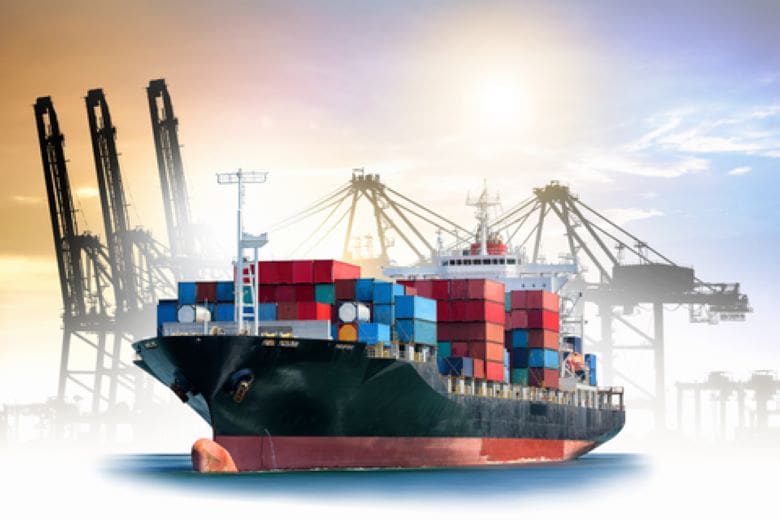Introduction
On 28 October 2024, the Ministry of Trade and Industry (“MTI“) announced that, pursuant to the Competition and Consumer Commission of Singapore’s (“CCCS’“) recommendations (see here and here), the Minister for Trade and Industry has renewed the Competition (Block Exemption for Liner Shipping Agreements) Order (“Renewed LSA BEO“) for five years from 1 January 2025 to 31 December 2029. In particular:
- The Renewed LSA BEO will continue to apply to the following categories of Liner Shipping Agreements (“LSAs“): (i) vessel sharing agreements (“VSAs“) for liner shipping services; and (ii) price discussion agreements (“PDAs“) for feeder services.
- The LSA BEO currently in force is set to expire on 31 December 2024 (“Current LSA BEO“) and covers cooperation among liners on liner shipping services, including for transport of goods between ports and for inland carriage of goods occurring as part of through transport (“Inland Carriage“) (see here at paragraph 3(1), under “liner shipping services“, at (a) and (b) respectively). However, the Renewed LSA BEO will: (i) from 1 January 2025, cover only cooperation among liners on liner shipping services for the transport of goods between ports and will not include Inland Carriage, to reflect the current industry practice (see here at paragraph 1(1) read together with paragraph 3); and (ii) include a transitional provision to allow any current LSAs, which involve Inland Carriage and which have been signed on or before 31 December 2024, to continue to benefit from the LSA BEO for one more year from 1 January to 31 December 2025 (“Transitional Provision“).
CCCS’ recommendations follow from its assessment: (i) that these LSAs will generate net economic benefit (“NEB“) for Singapore, e.g. by anchoring Singapore as a leading transhipment hub; and (ii) of public feedback, including from its Consultation held from 27 May 2024 to 17 June 2024 (see our previous update here), where feedback received was generally supportive of the recommendation for a five-year renewal.
This Update highlights the key features of the Renewed LSA BEO and its implications.
Background
Liner shipping services refer to the sea transport of goods on a regular basis between ports in accordance with timetables and sailing dates advertised in advance. In the Current LSA BEO, these services include those for Inland Carriage.
LSAs are agreements between two or more liner operators, outlining how the parties will cooperate in providing liner shipping services, and potentially covering: (i) technical, operational or commercial arrangements; (ii) price; and (iii) remuneration terms. LSAs may fall into different categories, including:
- VSAs for liner shipping services: These LSAs (i) focus on operational agreements between two or more liners to provide liner shipping services (e.g. alliances for coordination or joint operation of vessel services, and for exchange or charter of vessel space); and (ii) do not include discussions on prices to customers. Liners compete to sell their allocated capacity in the shared vessel and include both main lines and feeders.
- PDAs for feeder services: These LSAs (i) focus on commercial arrangements between two or more liners on the provision of liner shipping services; and (ii) allow discussions on prices (e.g. fuel surcharges) among feeders. Feeders provide liner shipping services to customers of main lines by providing space on their vessels for containers of main lines, to consolidate or redistribute goods to and from the customers of main lines.
The LSA BEO exempts the above prescribed categories of LSAs from the prohibition under section 34 of the Competition Act 2004 against anticompetitive agreements, on the basis that the LSAs contribute to NEB for Singapore, i.e.: (i) they produce significant economic benefits that outweigh their anticompetitive effects; and (ii) the restrictions on competition are necessary to achieve the economic benefits and do not substantially eliminate competition.
The LSA BEO was first put in place in 2006 and is the only block exemption order in force in Singapore. It has been extended several times, with the Current LSA BEO set to expire on 31 December 2024.
Key Features of the Renewed LSA BEO
Renewal duration of five years
CCCS assessed that, on balance, a duration of five years would: (i) adequately balance the needs of the industry for greater legal certainty in view of Singapore’s upcoming maritime developments (e.g. decarbonisation of the maritime sector and development of Tuas Port); and (ii) allow CCCS to undertake timely assessment of the LSA BEO to respond to any change in the industry, to ensure that the LSA BEO remains relevant and current.
For liners, this provides continuity for them to carry on their commercial activities and creates a conducive regulatory environment as they plan their long-term investments. For customers, this creates more stability in the network of liners, which in turn offers more choices to support their needs.
VSAs and PDAs
- VSAs for liner shipping services: CCCS assessed that these will generate NEB for Singapore by: (i) improving the global connectivity of Singapore’s port and supporting its status as a transhipment hub; (ii) enhancing competition among liners by lowering entry barriers for smaller liners to provide services on trade routes and at frequencies that they would otherwise not be able to provide on their own due to lack of scale; and (iii) bringing about environmental benefits by enabling liners to share, utilise and deploy larger vessels.
- PDAs for feeder services: CCCS assessed that these will generate NEB for Singapore as: (i) they remain relevant to some feeders operating in Singapore; (ii) being able to participate in such PDAs attracts feeders to base their headquarters and operations in Singapore, and to connect their services through Singapore, which in turn, attracts and anchors main lines to Singapore, thus expanding Singapore’s shipping network to support its status as a transhipment hub; and (iii) the anticompetitive effects arising from PDAs appear to be limited, as customers of feeders are likely to possess bargaining power.
Scope of the Renewed LSA BEO to exclude Inland Carriage
CCCS received feedback from freight forwarders on the possible unlevel playing field between: (i) liners in respect of Inland Carriage, which include some main lines that have expanded their operations beyond sea transport to offer end-to-end supply chain solutions to their customers (e.g. inland transportation and warehousing), and which have competition law immunity via the Current LSA BEO; and (ii) freight forwarders, which compete with liners as they also provide end-to-end supply chain solutions to their customers (albeit they procure liner shipping services from liners), and which do not enjoy the same immunity.
CCCS recommends that the Renewed LSA BEO should: (i) cover only cooperation among liners specifically for the transport of goods between ports and should not include Inland Carriage, to reflect the current industry practice; and (ii) include the Transitional Provision. This is in view of the following considerations:
- Public feedback in the Consultation indicated no clear evidence of current or impending usage of LSAs involving Inland Carriage, thereby suggesting that the current scope of exemption is likely to be wider than necessary.
- Should cooperation on Inland Carriage become more prevalent in the future and prove beneficial for Singapore, CCCS will review market developments and consider the appropriate regulatory measures to facilitate such cooperation while ensuring a level playing field for all providers, including freight forwarders.
- Should liners seek to cooperate on Inland Carriage while CCCS is reviewing market developments, they have the option to notify CCCS of their agreement, if necessary, should they wish to obtain legal certainty.
Concluding Words
It is notable that CCCS appears to be taking an increasingly strict view on the scope of the LSA BEO. In its previous 2021 review, CCCS narrowed the LSA BEO by removing the exemption for PDAs for main line services. In this latest review, CCCS has revised the scope of the LSA BEO to exclude Inland Carriage. We can expect CCCS to continue to scrutinise the LSA BEO closely, to ensure that it is appropriately scoped to ensure a balance between the NEB generated for Singapore versus the potential anticompetitive effects arising therefrom.
Disclaimer
Rajah & Tann Asia is a network of member firms with local legal practices in Cambodia, Indonesia, Lao PDR, Malaysia, Myanmar, the Philippines, Singapore, Thailand and Vietnam. Our Asian network also includes our regional office in China as well as regional desks focused on Brunei, Japan and South Asia. Member firms are independently constituted and regulated in accordance with relevant local requirements.
The contents of this publication are owned by Rajah & Tann Asia together with each of its member firms and are subject to all relevant protection (including but not limited to copyright protection) under the laws of each of the countries where the member firm operates and, through international treaties, other countries. No part of this publication may be reproduced, licensed, sold, published, transmitted, modified, adapted, publicly displayed, broadcast (including storage in any medium by electronic means whether or not transiently for any purpose save as permitted herein) without the prior written permission of Rajah & Tann Asia or its respective member firms.
Please note also that whilst the information in this publication is correct to the best of our knowledge and belief at the time of writing, it is only intended to provide a general guide to the subject matter and should not be treated as legal advice or a substitute for specific professional advice for any particular course of action as such information may not suit your specific business and operational requirements. You should seek legal advice for your specific situation. In addition, the information in this publication does not create any relationship, whether legally binding or otherwise. Rajah & Tann Asia and its member firms do not accept, and fully disclaim, responsibility for any loss or damage which may result from accessing or relying on the information in this publication.











